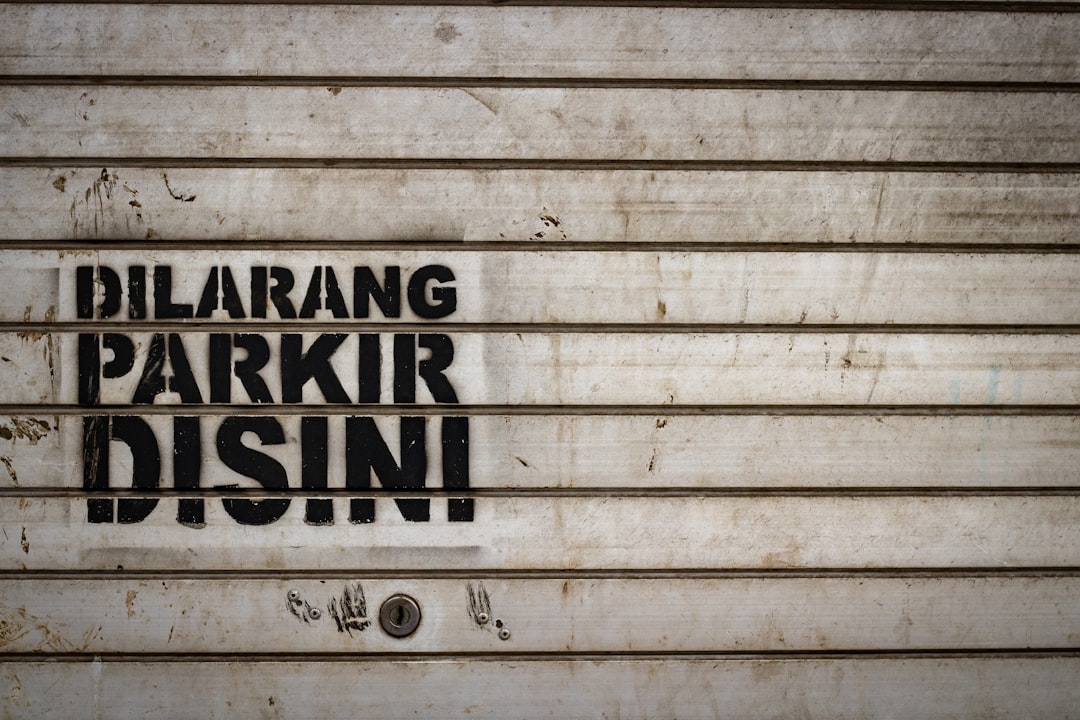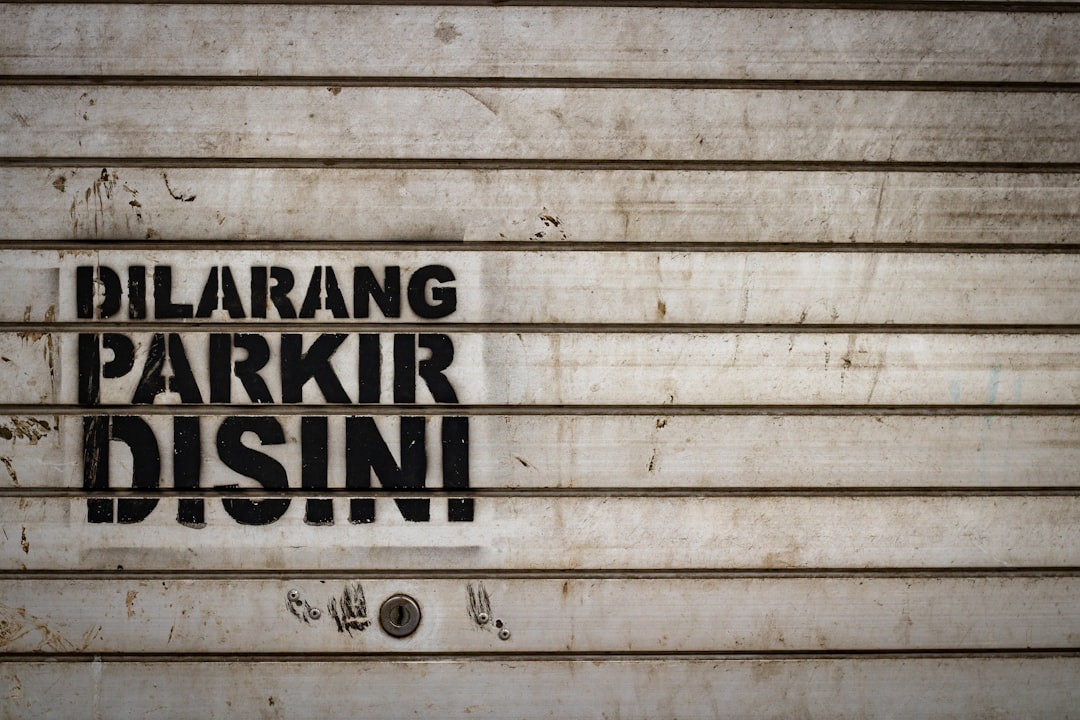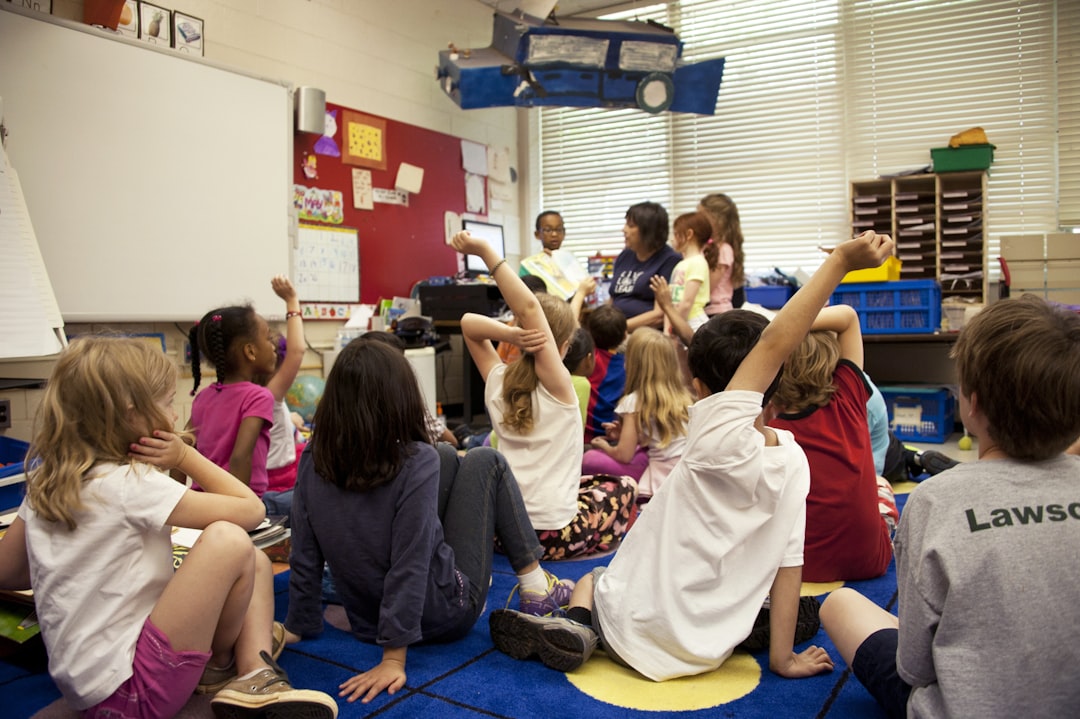Houston's child abuse problem is evident in high reported cases. Nonprofit organizations provide critical services like crisis intervention and legal aid through daycare sexual assault lawyers Texas, offering relief and recovery support. These nonprofits advocate for prevention, education, and collaboration with authorities, creating a supportive network. Texas law protects children in daycares, and nonprofits ensure victims' rights are protected during legal processes. Their strategies include public education, tailored programs, and data-driven policy informatics. Nonprofits foster collaboration among service providers, including daycare sexual assault lawyers Texas, to enhance individual case responses and protect Houston's children.
In Houston, the impact of child abuse is profound, requiring a robust support system. Nonprofit organizations play a crucial role in assisting victims, offering essential services that extend from immediate crisis intervention to long-term recovery. This article delves into the critical work these groups perform, examining their impact on survivor support and advocacy. Key topics include the legal aspects of daycare sexual assault under Texas law, effective strategies for awareness, and collaboration among service providers to create a more supportive network for affected children.
Understanding Child Abuse in Houston's Community

Child abuse is a pervasive issue within Houston, impacting countless lives and families. According to recent statistics, Houston ranks among the highest cities in Texas for reported cases of child maltreatment, including physical, emotional, and sexual assault. These alarming figures highlight the critical need for support systems that can adequately address and prevent such atrocities.
The community’s response to child abuse is a testament to the resilience and compassion of Houstonians. Nonprofit organizations play a pivotal role in this fight by providing essential services like crisis intervention, legal aid through daycare sexual assault lawyers Texas, and long-term counseling for victims. These initiatives not only offer immediate relief but also empower survivors to rebuild their lives, ensuring they receive the justice and care they deserve.
The Impact of Nonprofit Organizations on Survivor Support

Nonprofit organizations play a pivotal role in supporting victims of child abuse, offering crucial services that extend far beyond legal representation. These organizations provide a safe haven for survivors, often children and young adults, who have experienced trauma. Through dedicated programs, they offer counseling, therapy, and emotional support tailored to meet the unique needs of each individual. Many nonprofits also facilitate access to educational resources, helping victims regain their footing and rebuild their lives.
Moreover, these entities advocate for systemic change by educating communities about child abuse prevention and working closely with local authorities and daycare sexual assault lawyers in Texas. Their efforts contribute to creating a network of support that extends from immediate relief to long-term recovery, ensuring that survivors receive comprehensive care and justice.
Legal Aspects: Daycare Sexual Assault and Texas Law

In Texas, including Houston, the legal landscape surrounding daycare sexual assault is stringent and designed to protect vulnerable children. The state has strict regulations and laws in place to prevent and address child abuse, with a particular focus on daycares and childcare facilities. Daycare sexual assault lawyers in Texas play a crucial role in upholding these laws and ensuring justice for victims. These legal professionals specialize in navigating complex cases involving sexual misconduct within daycare settings, providing vital support to families affected by such tragic events.
Texas law defines daycare sexual assault as any form of sexual contact or attack against a child under the care of a licensed daycare provider. This includes actions like inappropriate touching, fondling, or any sexual act committed by someone in authority or entrusted with the child’s care. The legal system takes these cases seriously, and daycare sexual assault lawyers are well-versed in the state’s laws, which mandate reporting such incidents to authorities and specific procedures for investigations and prosecutions. They work diligently to protect the rights of victims and their families while ensuring that justice is served.
Strategies for Effective Advocacy and Awareness

Nonprofits play a vital role in advocating for and supporting victims of child abuse, offering crucial services that complement legal processes. Effective advocacy strategies include public education campaigns to raise awareness about child abuse signs and prevention methods, targeting specific communities at risk through tailored programs, and utilizing data and research to inform policies and practices.
For instance, organizations can collaborate with local schools, daycare centers, and community groups to implement reporting mechanisms and conduct regular training sessions for staff on recognizing and responding to child abuse. Additionally, partnering with legal entities, including daycare sexual assault lawyers in Texas, ensures that victims have access to justice and receive the necessary support during legal proceedings. Such collaborations amplify efforts to protect children and hold perpetrators accountable.
Building a Network: Collaboration Among Service Providers

In Houston, a robust network of nonprofits plays a vital role in supporting victims of child abuse by fostering collaboration among service providers. These organizations work hand-in-hand with healthcare facilities, law enforcement, and other community groups to create a comprehensive support system. For instance, daycare sexual assault lawyers Texas often collaborate with nonprofit organizations to ensure that victims receive both legal advocacy and emotional support.
By pooling resources and expertise, nonprofits can better navigate the complex landscape of child abuse cases. They organize workshops, share best practices, and develop protocols to improve service delivery. This collaborative approach not only strengthens the response to individual cases but also contributes to a more sustainable system that prioritizes the well-being and protection of all children in Houston.




